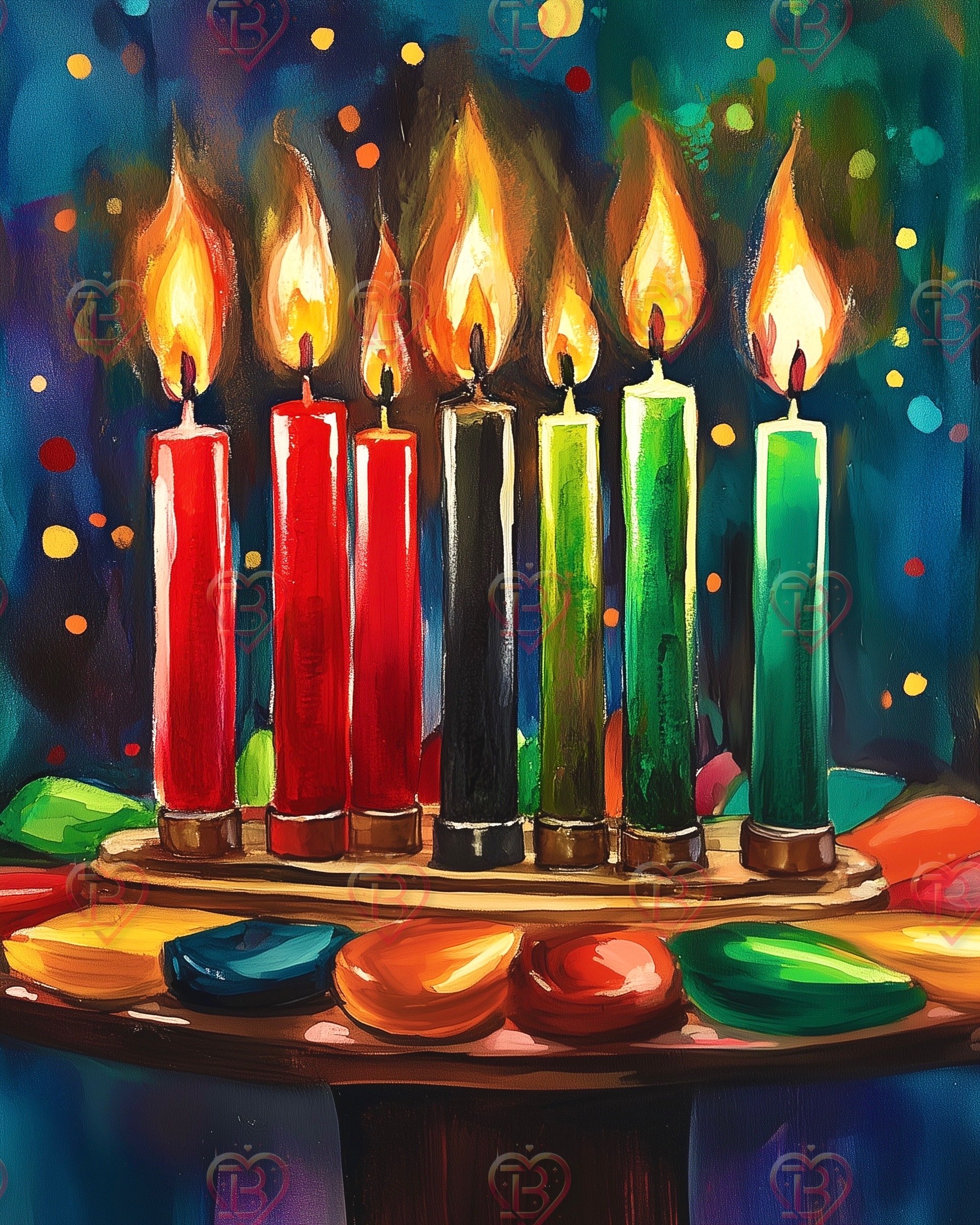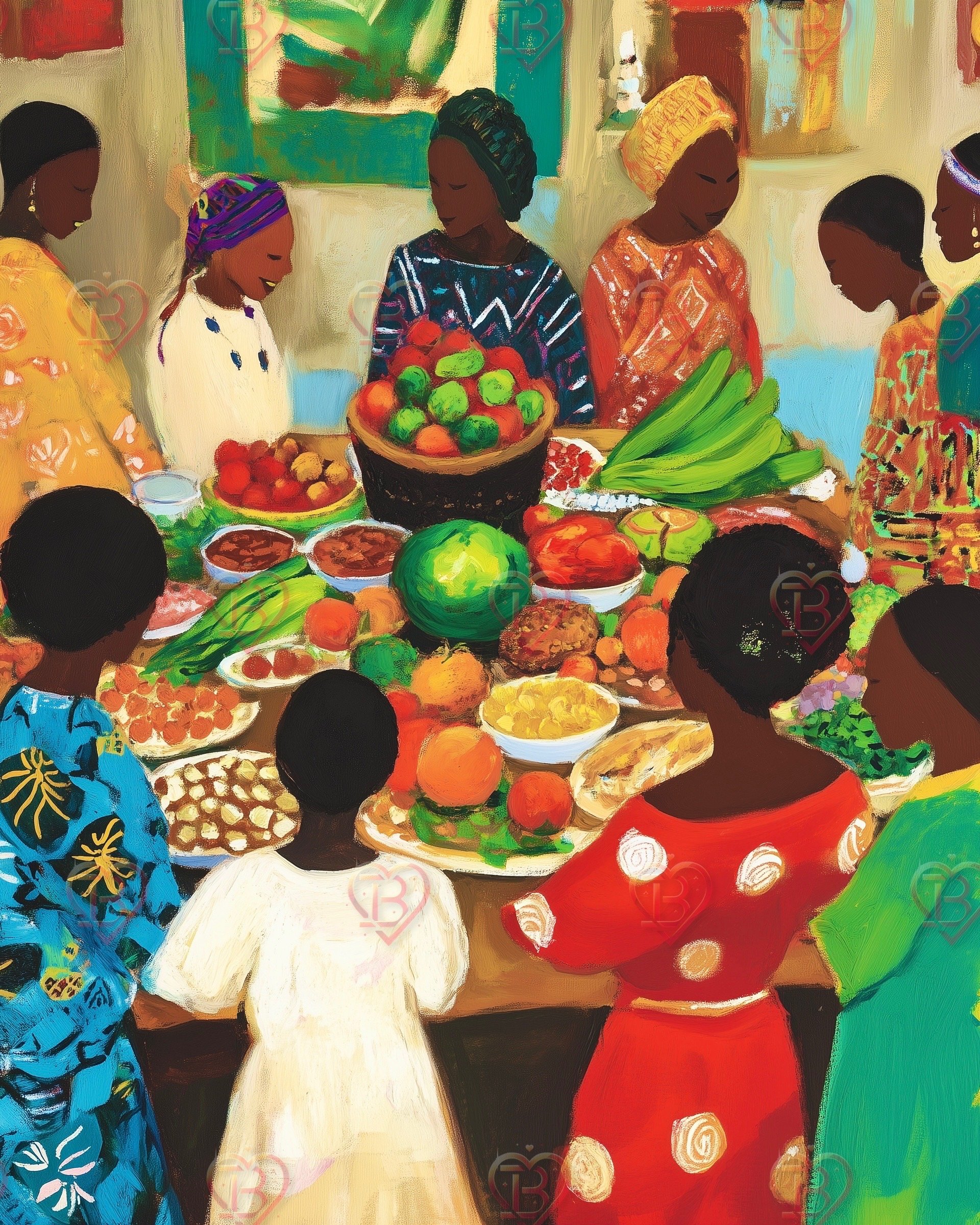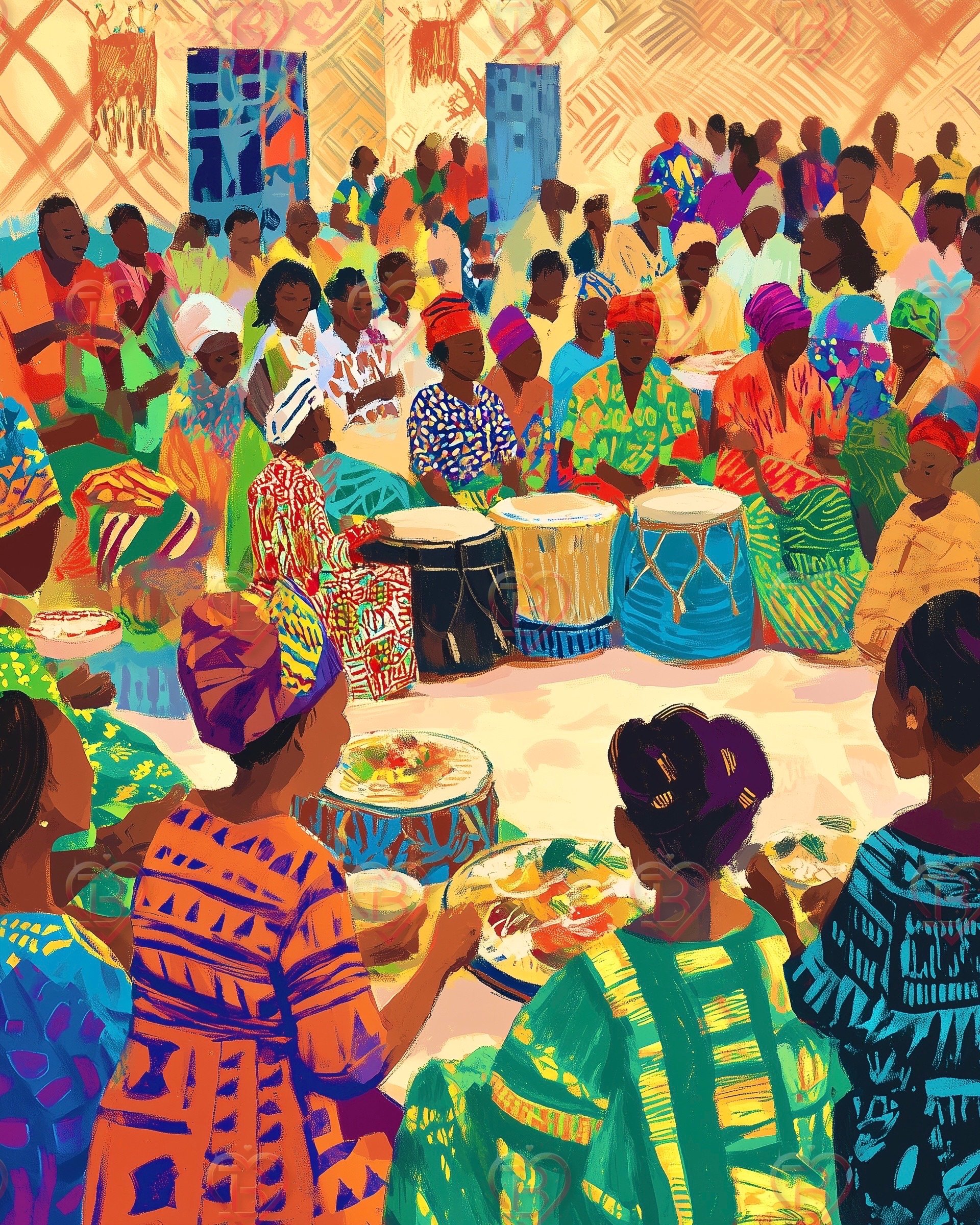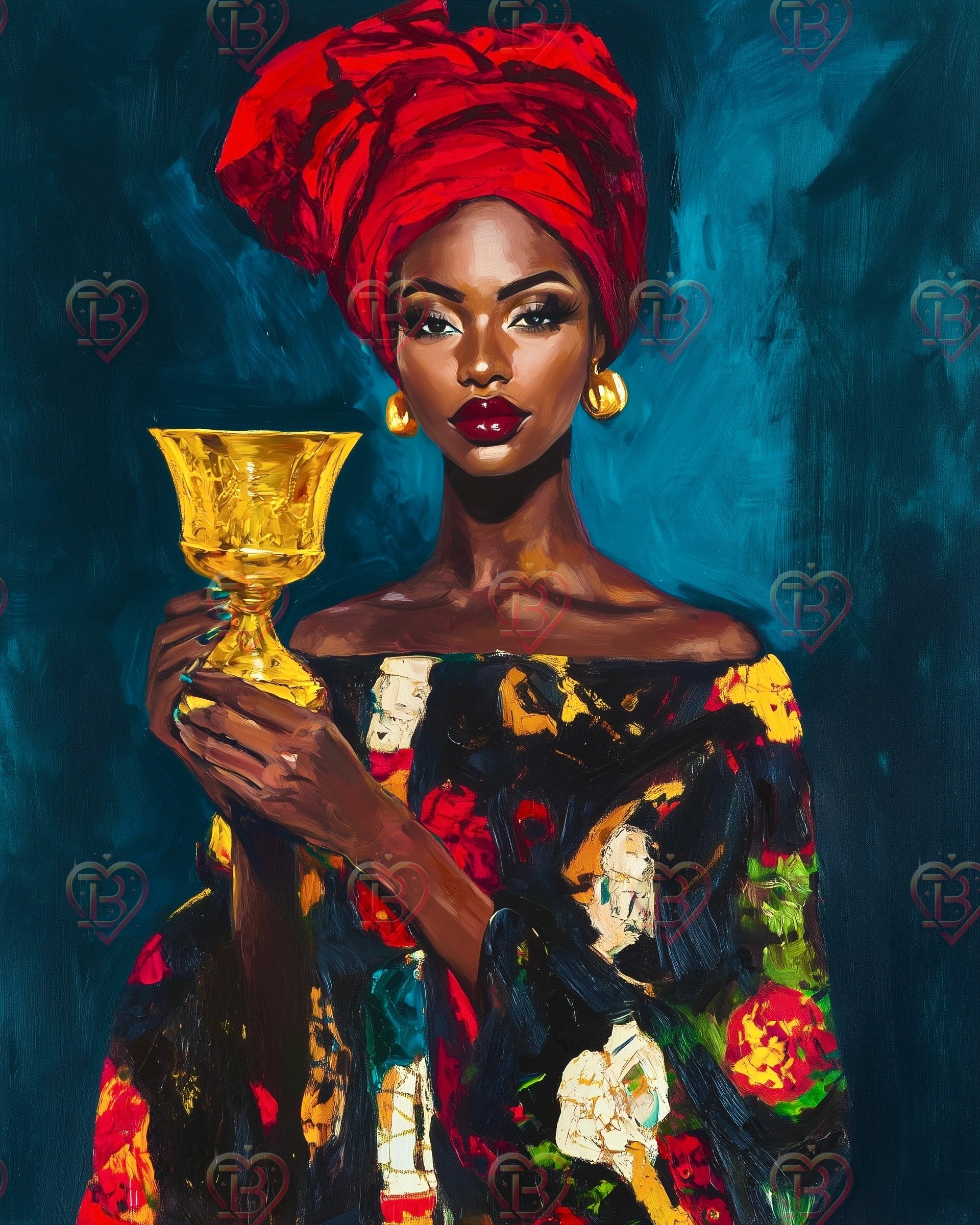Kwanzaa is a week-long celebration of African-American culture, heritage, and unity. It takes place annually from December 26 to January 1. The holiday was created in 1966 by Dr. Maulana Karenga, a professor and activist, as a way to honor African cultural traditions and foster a sense of community and pride among African-Americans.
Key Aspects of Kwanzaa:
1. Name and Meaning:
• The name “Kwanzaa” is derived from the Swahili phrase “matunda ya kwanza,” meaning “first fruits.”
• It reflects the first harvest celebrations in various African cultures.
2. Principles (Nguzo Saba):
Kwanzaa is guided by seven principles, one for each day of the celebration:
• Umoja (Unity): Striving for and maintaining unity in the family, community, nation, and race.
• Kujichagulia (Self-Determination): Defining, naming, creating, and speaking for oneself.
• Ujima (Collective Work and Responsibility): Building and maintaining the community together and solving problems as a collective.
• Ujamaa (Cooperative Economics): Supporting and building businesses together.
• Nia (Purpose): Focusing on collective vocation to build and develop the community.
• Kuumba (Creativity): Doing as much as possible to leave the community more beautiful and beneficial.
• Imani (Faith): Believing in oneself, the community, and a higher purpose.
3. Symbols:
• A Kinara (candle holder) with seven candles (three red, one black, and three green) representing the principles and colors of the Pan-African flag.
• Mkeka (mat), representing tradition and foundation.
• Mazao (fruits and vegetables), symbolizing the harvest.
• Kikombe cha Umoja (unity cup), used for pouring libations to honor ancestors.
4. Celebrations:
• Families and communities come together for discussions, music, dance, storytelling, and feasts (called Karamu).
• The celebration often culminates in a large feast and the exchange of handmade gifts to promote creativity and economic self-reliance.
Kwanzaa is not a religious holiday but a cultural one, and it is open to people of all faiths who wish to celebrate African heritage and community values.




